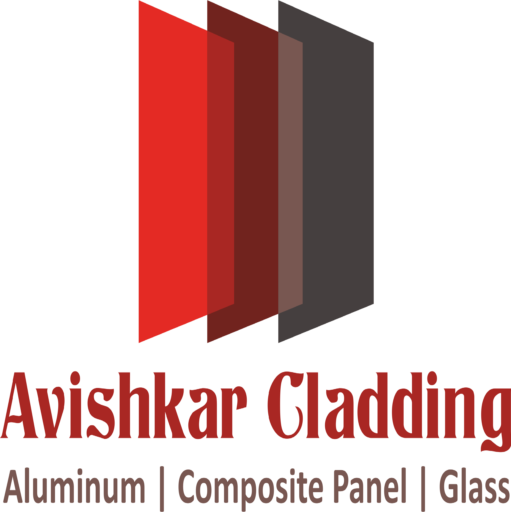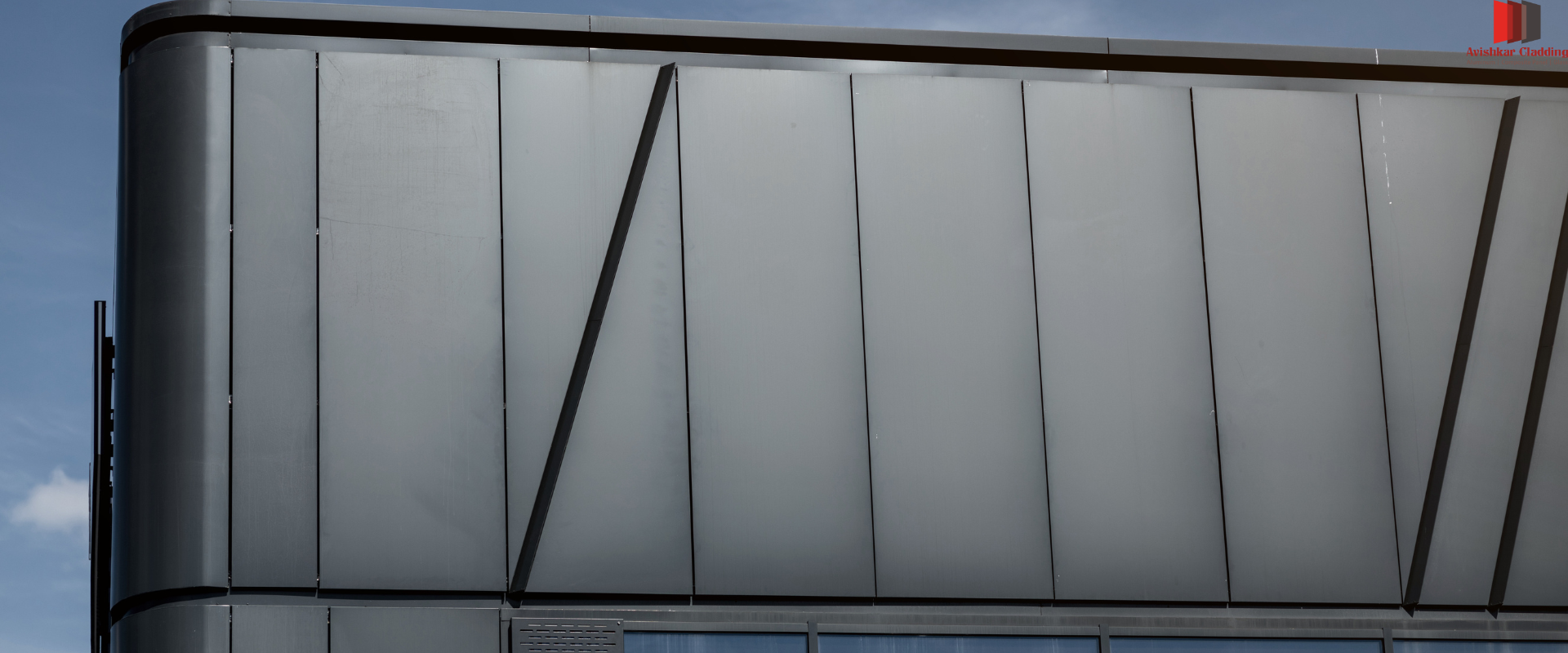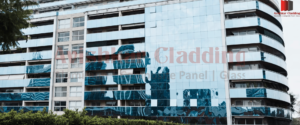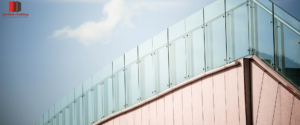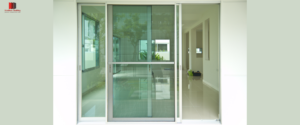If you’re a homeowner or a real estate investor, you know how important it is to maintain and improve your property’s value. One often overlooked aspect that can significantly impact both property valuation and resale value is cladding. Cladding refers to the external layer or covering of a building, and it plays a crucial role in enhancing the aesthetics, protection, and energy efficiency of a property. In this article, we will explore the impact of cladding on property valuation and resale value, and how you can make informed decisions to maximize your investment.
Understanding Cladding and Its Types
Cladding is not just about adding an attractive facade to a property; it serves several functional purposes too. The right cladding material can protect the building from external elements, such as rain, wind, and UV rays, while also insulating it and improving energy efficiency. Some common types of cladding materials include:
- Vinyl Cladding: Vinyl cladding is a popular choice due to its low cost, ease of installation, and versatility. It offers decent insulation and comes in various colors and styles.
- Brick Cladding: Brick cladding provides a timeless and classic look. It is durable, fire-resistant, and requires minimal maintenance.
- Wood Cladding: Wood cladding adds natural beauty to a property but may require more maintenance compared to other materials.
- Fiber Cement Cladding: Fiber cement cladding is a blend of cement, sand, and cellulose fibers, offering durability and resistance to moisture and termites.
- Metal Cladding: Metal cladding is known for its modern and sleek appearance. It is long-lasting and requires little maintenance.
The Influence of Cladding on Property Valuation
When assessing a property’s value, potential buyers and appraisers consider various factors, including location, size, condition, and aesthetics. Cladding can significantly influence a property’s perceived value for several reasons:
1. Curb Appeal and First Impressions
First impressions matter, especially in the real estate market. The external appearance of a property is the first thing buyers see, and an aesthetically pleasing cladding can create an instant positive impact. Properties with attractive cladding materials often receive higher appraisals and stand out in the competitive market.
2. Durability and Maintenance
Properties with durable and low-maintenance cladding materials are generally perceived as more valuable. Cladding that resists wear and tear, fading, and weather damage will contribute to the property’s long-term value.
3. Energy Efficiency
Energy efficiency is a growing concern among buyers. Cladding that provides insulation and reduces energy consumption is highly valued. Energy-efficient properties not only attract eco-conscious buyers but also offer long-term cost savings on utility bills.
4. Resale Potential
Investing in high-quality cladding can pay off in the long run. Properties with excellent curb appeal and energy-efficient features tend to have better resale potential. Buyers are willing to pay a premium for a property that requires less maintenance and offers modern amenities.
Making the Right Cladding Choice
Choosing the right cladding material is crucial to maximizing property valuation and resale value. Consider the following factors when making your decision:
1. Local Climate
The local climate should heavily influence your cladding choice. If you live in an area with high rainfall, moisture-resistant cladding like vinyl or fiber cement might be more suitable.
2. Architectural Style
Consider the architectural style of the property. Different cladding materials complement different styles. For instance, wood cladding may be perfect for a rustic or traditional-looking home, while metal cladding might suit a contemporary design.
3. Budget
Set a realistic budget for cladding installation. While high-quality cladding is an investment, it’s essential to find a balance between cost and long-term benefits.
4. Sustainability
If sustainability is a priority, explore eco-friendly cladding options that reduce environmental impact.
Remember, the choice of cladding and the expertise behind its installation can make a significant difference in the performance and appeal of your building. Consult Avishkar Cladding today to explore the possibilities and embark on a journey towards an exceptional building envelope design.
